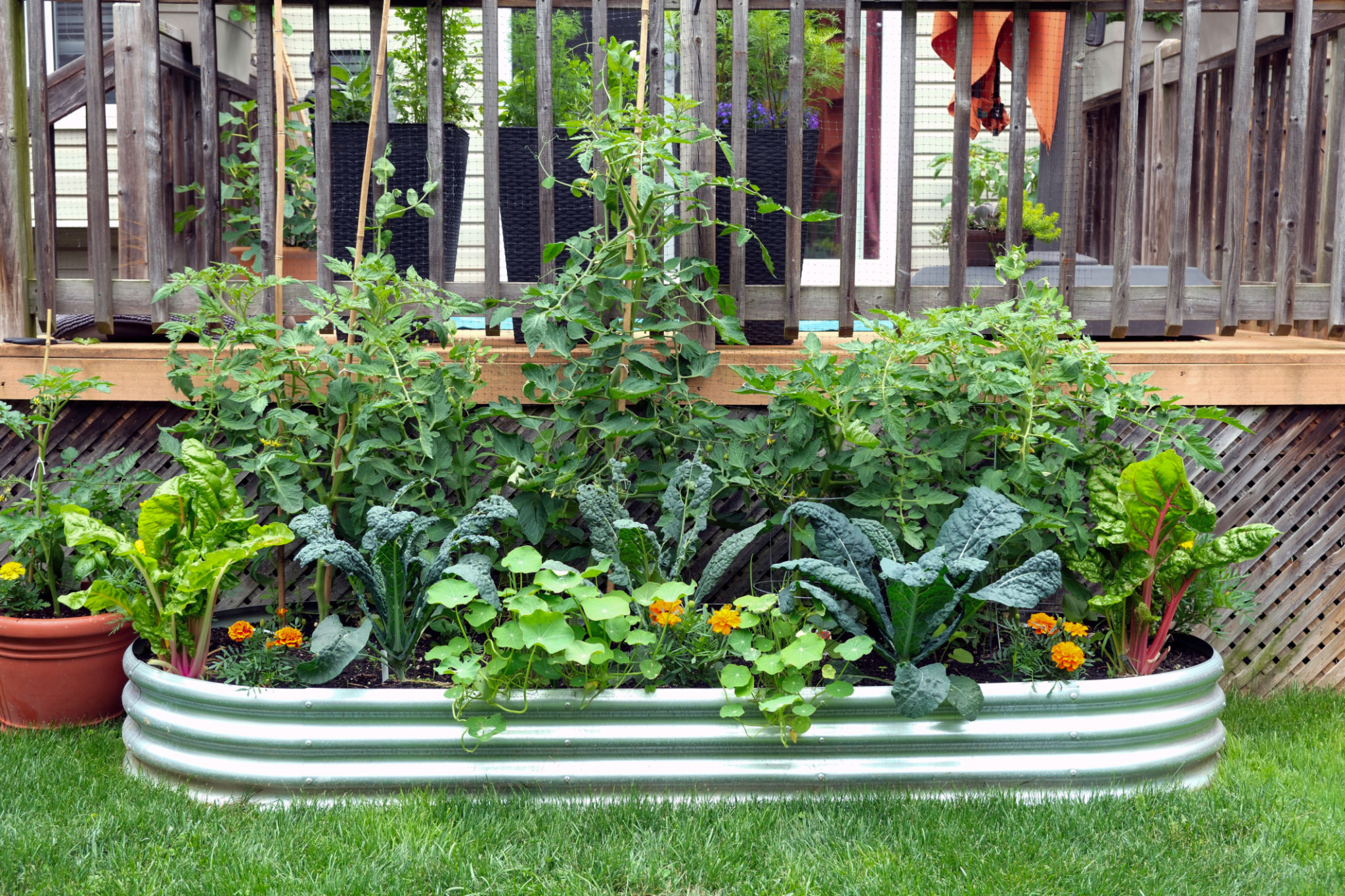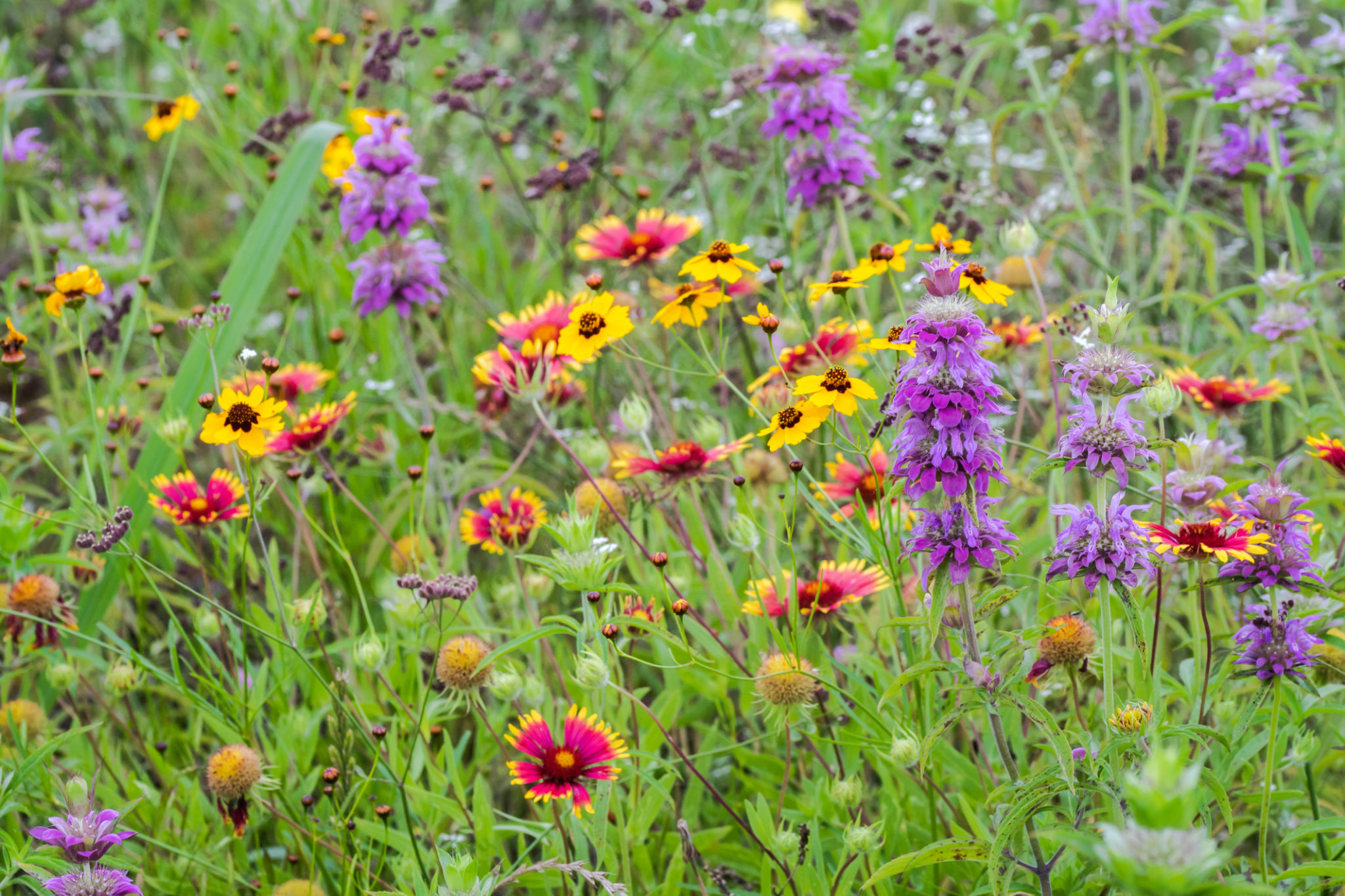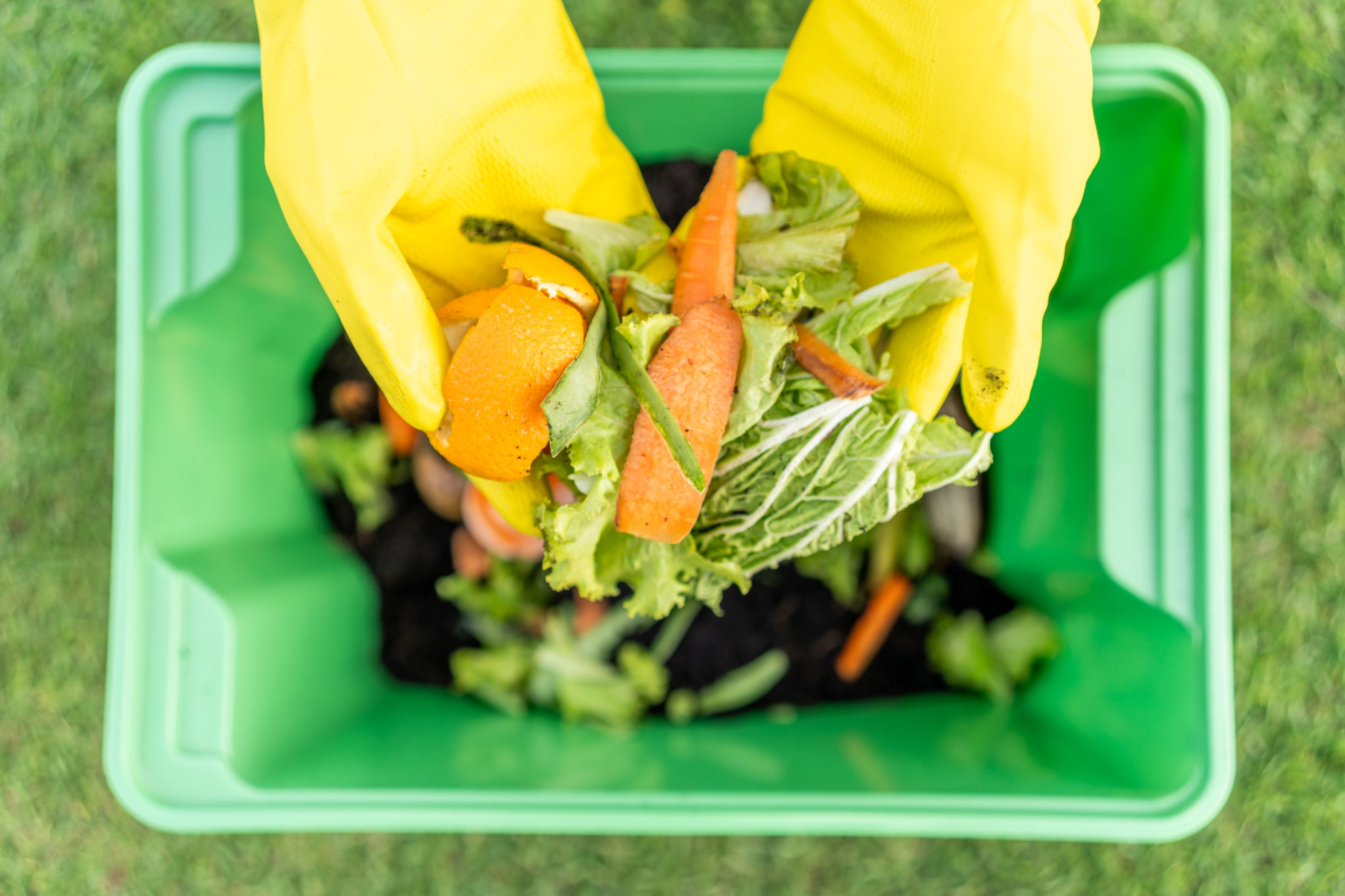Transforming Your Garden with Sustainable Landscaping in Galena, OH
Embracing Sustainable Landscaping
Transforming your garden into a sustainable oasis is not only beneficial for the environment but also rewarding for homeowners in Galena, OH. By adopting eco-friendly practices, you can create a beautiful and thriving outdoor space that conserves resources and supports local wildlife.
Sustainable landscaping involves using techniques and materials that reduce negative impacts on the environment. This includes selecting native plants, efficient water usage, and maintaining soil health. Let's explore how you can start your journey toward a greener garden.

Choosing Native Plants
One of the most impactful steps in sustainable landscaping is incorporating native plants into your garden. Native plants are adapted to the local climate and soil, requiring less water and maintenance compared to exotic species. They also provide essential habitats for local wildlife, including pollinators like bees and butterflies.
When selecting native plants for your garden, consider the following:
- Consult local nurseries or extension services for recommendations.
- Choose a variety of plants to ensure year-round interest and ecological benefits.
- Consider the specific conditions of your garden, such as sunlight and soil type.

Efficient Water Management
Water conservation is a crucial aspect of sustainable landscaping. Implementing efficient irrigation systems and practices can significantly reduce water usage while maintaining a healthy garden. Opt for drip irrigation or soaker hoses instead of traditional sprinklers to target plant roots directly and minimize evaporation.
Additionally, consider incorporating rain barrels to collect and store rainwater for irrigation. This simple technique not only saves water but also reduces runoff, preventing soil erosion and protecting local waterways.
Promoting Soil Health
Healthy soil is the foundation of any thriving garden. Sustainable landscaping emphasizes practices that maintain and improve soil health. Start by minimizing soil disturbance through minimal tilling or no-till methods, preserving soil structure and reducing erosion.
Adding organic matter, such as compost or mulch, can enhance soil fertility and moisture retention. Organic mulches also suppress weeds and provide habitat for beneficial organisms that improve soil health naturally.

Creating Wildlife-Friendly Habitats
A sustainable garden is one that supports local wildlife. Design your landscape to include elements that attract beneficial insects, birds, and other wildlife. Provide food sources such as native flowering plants, shrubs with berries, and seed-producing perennials.
Incorporate features like bird baths, nesting boxes, or small ponds to offer water and shelter. By creating a diverse habitat, you can support biodiversity and enjoy the beauty of nature right in your backyard.
Reducing Lawn Areas
Traditional lawns require significant resources to maintain, including water, fertilizers, and regular mowing. Consider reducing lawn areas by replacing grass with native groundcovers, ornamental grasses, or flower beds. This not only lowers maintenance needs but also enhances biodiversity in your garden.
If you prefer to keep some lawn space, adopt eco-friendly practices such as mowing less frequently, leaving grass clippings as natural fertilizer, and using organic lawn care products.

Join the Sustainable Landscaping Movement
By transforming your garden with sustainable landscaping practices, you contribute to a healthier environment and create a beautiful space that reflects your values. In Galena, OH, homeowners have the opportunity to lead by example, showcasing the benefits of eco-friendly gardening in their community.
Start today by making small changes that add up to significant environmental impact. Whether you’re planting native species, conserving water, or enhancing soil health, every effort counts toward a sustainable future for our gardens and our planet.
